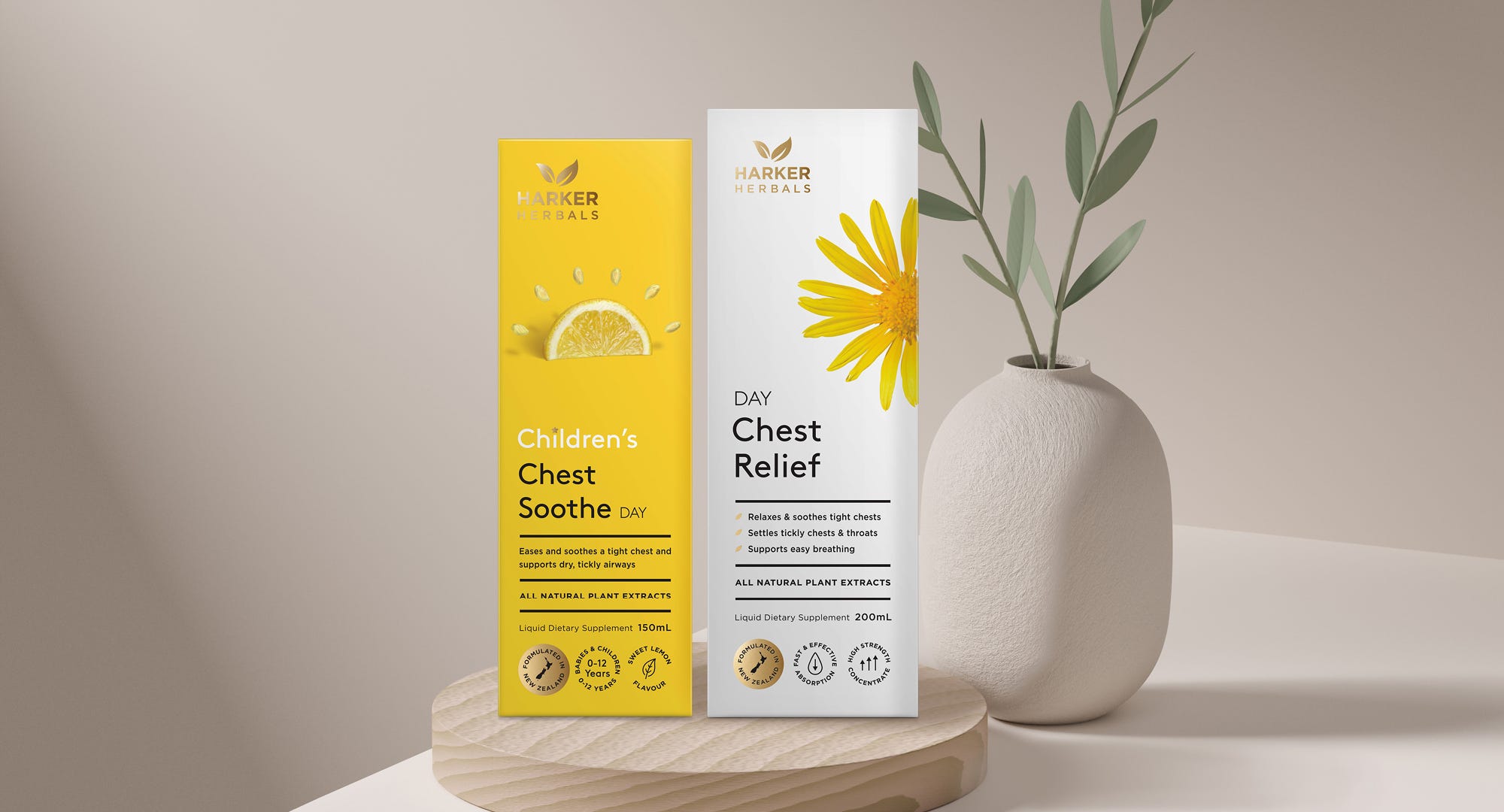


Do you or your little one have that niggly tickle in the chest? These dry tickly airways are often caused by common ills and chills but can also be a sign of sensitivity to allergens or a change in temperature.
Whatever the cause, we have tips and tricks to help. But first, it’s important to know the difference between chesty airways and dry tickly airways, as that will indicate how to best support you and your child on the road to recovery.
Chesty or Dry?
- Chesty: When the respiratory airways of the lungs produce more mucus than usual and the body is trying to clear itself of that excess mucus. You may be able to hear the mucus rattling in the airways when inhaling or exhaling.
- Dry: On the other hand, chests that do not produce mucus are referred to as dry airways. Characterised by a niggly tickle in the chest or throat, these symptoms are often worse at night.
Tips to support Dry Tickly Airways
Hydration: Keeping well hydrated throughout the day is essential. Offer water and other drinks regularly. Clear soups at meal times are another way to get more fluids into children.
Moderate activity: Short bursts of play or exercise will keep oxygen moving around the body and help immune cells circulate to where they need to get to work. Resist the temptation to increase screen time – gentle movement is good!
Use a soothing day-time chest syrup: Harker Herbals Chest Soothe Day and Chest Relief Day are delicious syrups full of soothing herbs scientifically researched to support recovery for dry tickly airways. The added bonus is that these syrups help coat the throat and are a delicious sweet citrus flavour.
Restful sleep: Our bodies rest and repair while we sleep so a good night’s sleep is essential for you and your little ones recovering with dry tickly airways. Day-time naps can also help restore a good mood – you may find little ones are quickly tired from the effort it takes to breathe well to move oxygen around the body. Try using an extra pillow to prop more upright for easy breathing.
Always read the label and use only as directed. If symptoms persist, see your healthcare professional.
Harker Herbals, Waipu.
Manage those niggly tickles
Do you or your little one have that niggly tickle in the chest? These dry tickly airways are often caused by common ills and chills but can also be a sign of sensitivity to allergens or a change in temperature.


